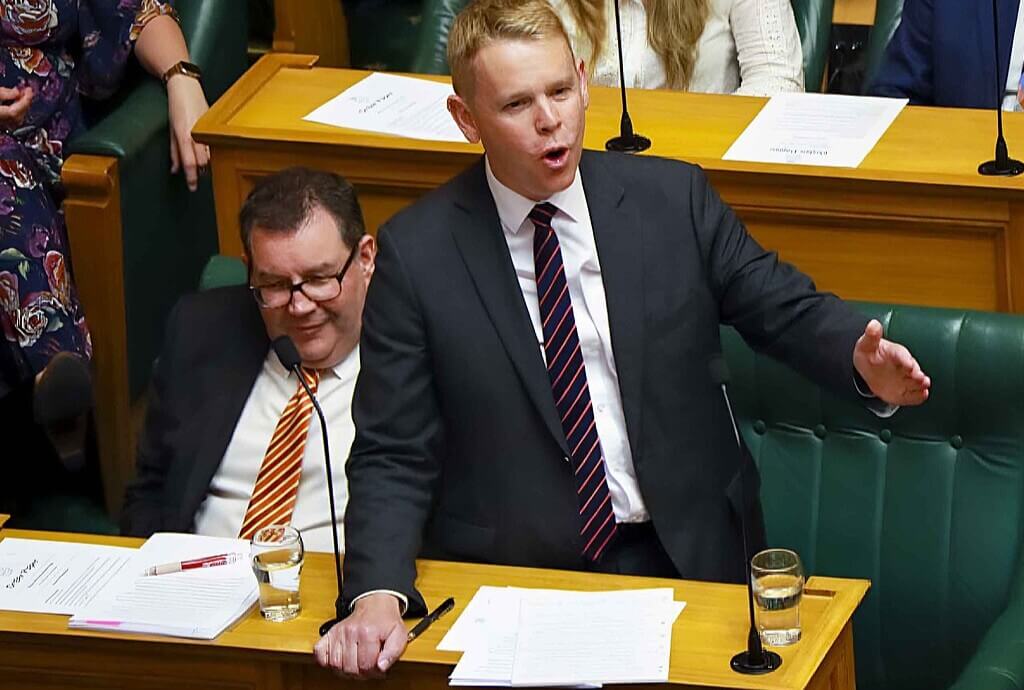In brief
- RBNZ maintains OCR at 5.5%, citing its role in constraining inflation. Global growth is weak.
- RBNZ continues exploring digital currency. Government allocates $500M for currency market intervention.
- Consumer prices rise at 6%. Economists question world wide persistent inflation amid efficient production.
- Milk and property prices drop. Fonterra’s forecast lowered, housing market declines in July with record-low new listings.
RBNZ sticks with 5.5%
The Monetary Policy Committee at the Reserve Bank has opted to maintain the Official Cash Rate (OCR) at 5.50%, claiming that interest rates are playing a crucial role in constraining spending and inflation pressure, as intended.
The Committee agreed interest rates will need to remain at a restrictive level for the foreseeable future to achieve its dual mandate.
The committee pointed out that global economic growth remains weak, which may have led to easing inflation pressures but is also affecting New Zealand’s export prices. This is disputed by some experts who believe most of consumer price inflation is domestic in nature. Global economic growth is still expected to weaken further, due to significant monetary policy tightening by most central banks worldwide.
The Government has also allocated $500 million to the Reserve Bank, providing an indemnity for currency market intervention in case of financial disruptions. This allows the Bank to build foreign reserves so it may better intervene as needed.
Government exploring digital currency option
Also, this month the RBNZ published information that it is exploring a Central Bank Digital Currency (CBDC), which would be a new form of government money for everyday transactions.
The Bank said a CBDC would coexist with cash, offering people the option to use both. It claims to be adapting to changing payment trends and a need to enhance trust in government money, while also protecting the financial system and improving efficiency in payments.
The Reserve Bank is currently in the early stages of the CBDC exploration process and hasn’t made a final decision yet. If implemented, it is said it would take a number of years to introduce.
Consumers’ bills are still growing, but less quickly for now
Consumer prices are still rising, though the rate they are rising at has dropped slightly to 6% from its recent peak at 7.3%. The rate of change is still lower than New Zealand’s highest price inflation experienced during the 1980’s at around 18.4%, but prices keep going up.
Consumer Price Index CPI in New Zealand
This is a global phenomenon that some believe shouldn’t be occurring as the global economy sees an increase in production efficiency. Those economists believe that, all else equal, prices naturally would tend to decline. This is leading many sceptics to believe there is something else more fundamentally wrong in the world economy.
Milk and Property prices dropping
Fonterra’s milk price forecast for farmers is likely to be cut soon, with economists at Westpac bank predicting this season’s milk price will be 50c per kilo below the break-even point for many farmers. Some of the blame is attributed to the slowing Chinese economy. The downward trends in global dairy prices is estimated to result in a loss of 5 billion dollars for the NZ economy.
July also saw the housing market experience further decline. The average asking price dropped, and Auckland saw a substantial fall of around $50,000 from the previous month, so the average is nearing the $1 million mark.
There is a record-low number of new listings, but an increase in total residential stock available for sale.
According to Realestate.co.nz, this means vendors are hesitant, perhaps leading to more realistic asking prices. Buyers are taking advantage of the surplus of options to negotiate better deals.



















